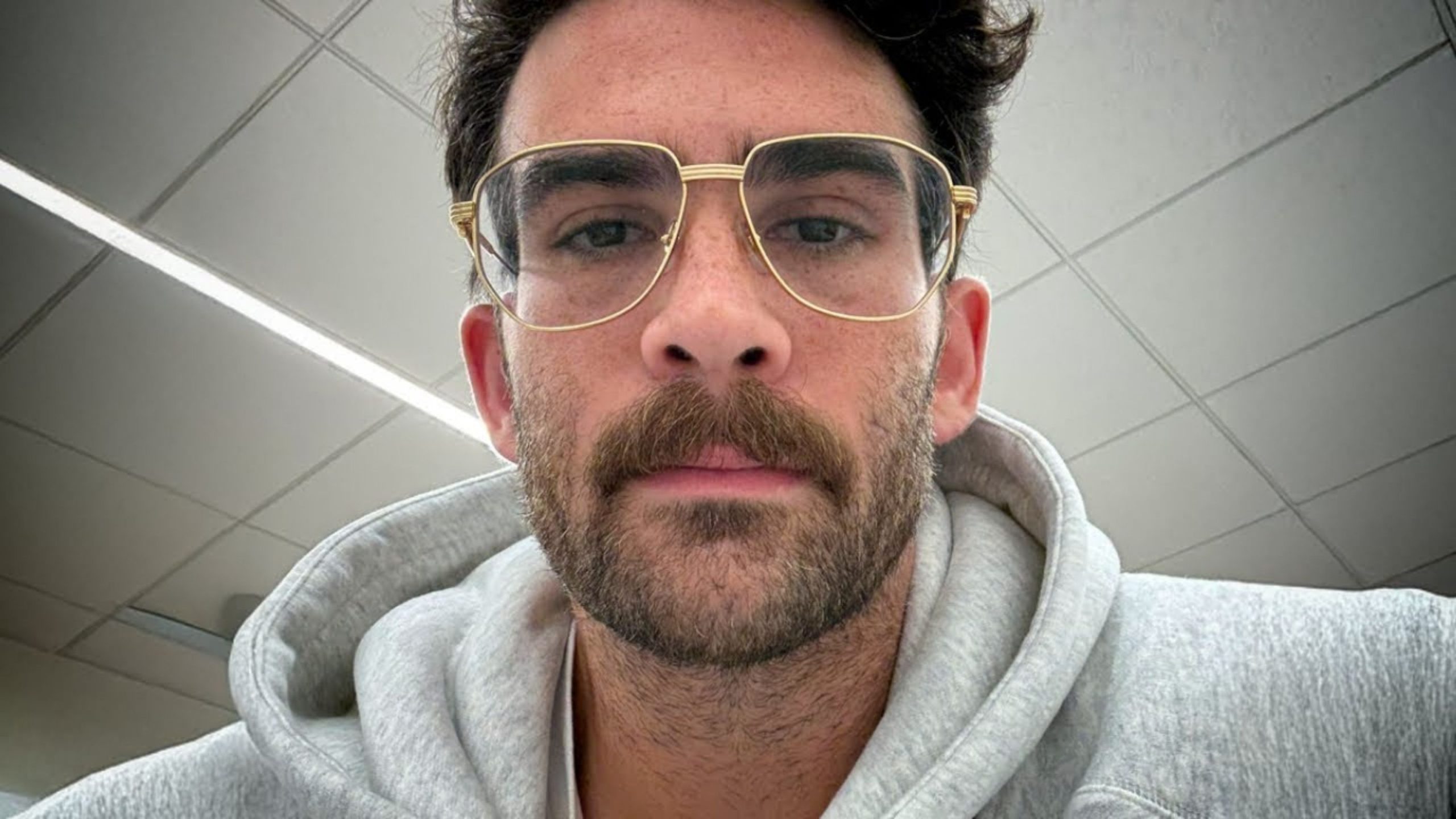An encounter between US Customs and Border Protection (CBP) officers and political commentator Hasan Piker at Chicago’s O’Hare International Airport is prompting renewed concern over the government’s handling of US citizens at ports of entry.
Piker, who was returning from France on Sunday, says he was held for close to two hours and questioned about his political views, including his opinions on President Donald Trump and armed groups in the Middle East.
Piker, a US citizen and well-known online commentator, recounted the incident on his Twitch livestream the next day, describing a prolonged secondary screening in which a CBP officer repeatedly brought up designated terrorist groups such as Hamas and the Houthis. According to Piker, the questioning centered on whether he supported them or viewed them as resistance organizations. He said he told the officer that he is a pacifist and opposes violence.
“They literally, they tried to straight-up get something out of me that I think they could use to basically detain me permanently,” he said. “He kept asking over and over again, Hamas, Houthis, all this shit, trying to be like, ‘Oh, do you support them, do you like them? What do you think about them?’”
Piker also stated that he expressed his opposition to Donald Trump during the exchange, asserting that his views are protected speech. “I don’t like Trump. What are you going to do? It’s protected by the First Amendment,” he said.
Although no search of his phone or laptop occurred, Piker said he had taken precautions beforehand, disabling facial recognition on his device and relying solely on a passcode; a step legal experts recommend to limit potential digital access by border agents. While CBP has expanded authority at the border to inspect physical belongings, the government cannot compel US citizens to reveal device passwords. That protection falls under the Fourth Amendment’s safeguard against unreasonable searches.
The incident raises broader concerns about whether the border is being used as a setting to engage in political questioning that would be out of bounds in other contexts. While secondary screenings are a routine part of CBP’s operations, the specific focus on political opinions, in the absence of any criminal suspicion, has drawn scrutiny. Legal observers argue that targeting Americans for questioning based on their speech or political views is not only inappropriate but unconstitutional, regardless of where it occurs.
The Department of Homeland Security, through spokesperson Tricia McLaughlin, said that Piker’s inspection was routine and denied that it had anything to do with his political beliefs. “Claims that his political beliefs triggered the inspection are baseless,” she said. “Upon entering the country, this individual was referred for further inspection—a routine, lawful process that occurs daily, and can apply for any traveler.”
CBP officials did not confirm or comment on the specifics of the interaction.
Piker said he was traveling with his family to celebrate Mother’s Day and was scheduled to speak at the University of Chicago’s Institute of Politics the following day. Though he was eventually told he was not being detained, he described the questioning as “a de facto detention.”
The incident adds to a growing pattern of concern around the use of international travel checkpoints as a venue for federal agents to scrutinize political activity. Unlike searches for contraband or customs violations, questioning citizens about their ideologies or affiliations invokes protections guaranteed under the First Amendment.
Constitutional lawyers have noted that these rights do not weaken based on geography. US citizens remain protected by law from government scrutiny tied to their beliefs, associations, or speech.
The practice of questioning returning travelers about their political views, and in some cases, pressuring them to surrender access to personal devices, has been flagged by legal analysts as incompatible with a free and open democratic system. The ability to engage in dissent or unpopular speech without fear of retaliation or interrogation is a core legal protection, and using international borders as a point of ideological screening undermines that principle.
Piker, reflecting on the experience, said he believed it was an attempt to discourage public figures from expressing controversial or dissenting views. “The reason for why they’re doing that is, I think, to try to create an environment of fear,” he said.
No formal complaint related to the incident has been filed, and Piker was released following the questioning.













